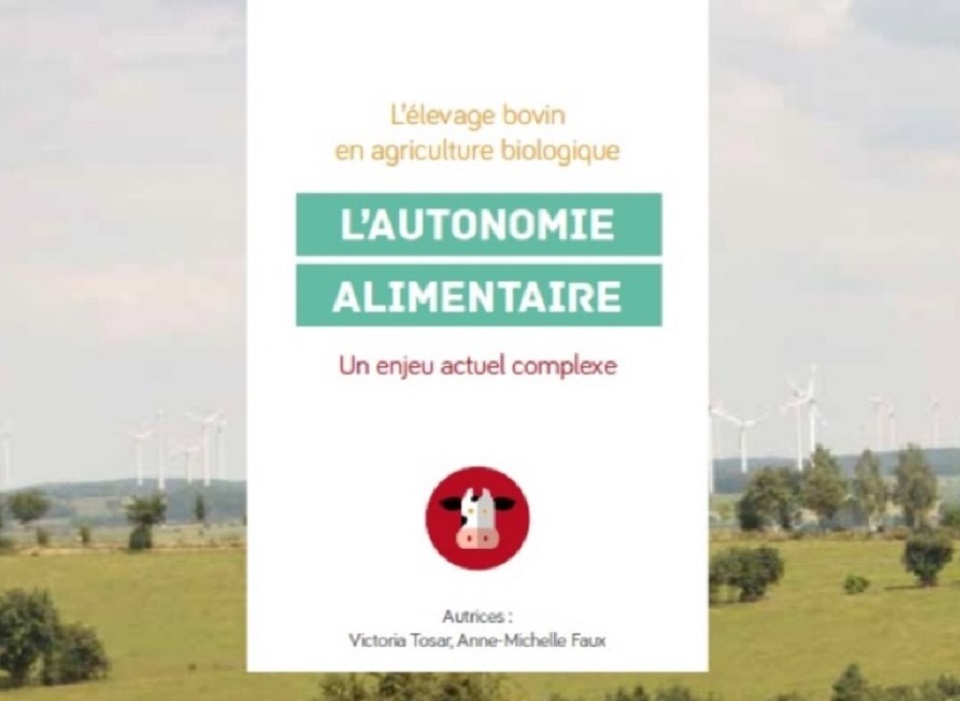The CRA-W has been collaborating with FIWAP and BioWallonie since 2019 to set up trials for varieties of potatoes in organic farming, in order to ensure high-quality and high-quantity local production.
These trials are part of the ‘Robust Potatoes Pledge’. Robust varieties are, in order of importance, highly tolerant (or even resistant) to mildew, more tolerant to abiotic stresses (primarily droughts and heat) and to have less nitrogen fertilization needs. The emphasis is on the robustness of the varieties against the number one enemy of potatoes: late blight.
While dryer years are becoming more common, seasons with a high level of late blightare still present, such as 2021, where producers that still using non-robust varieties have sometimes experiencing farming difficulties. In organic farming, preventative measures are indeed limited, and curative measures are non-existent.
Trials on varieties in organic farming have been in place for four years. The official list of robust varieties in Belgium has grown from 25 (2020) to 35 varieties (2023). Trials on robust potatoes have made it possible to characterise varieties based on four criteria: plant growth (vigour, speed of emergence, senescence, etc.), phytosanitary status (primarily resistance to mildew), the quantitative aspect of harvest (yield, size distribution) and the qualitative aspect of the tubers (dry matter content, presentation and quality of processing). The trial reports are published on the CRA-W website.
Trials on varieties are also an opportunity to conduct demonstration tours. These make it possible to bring stakeholders from the potato sector together, and to discuss the results. A tasting to judge the organoleptic qualities of the potatoes has been organised since 2022, based on the market for which they are intended. Indeed, in the current range, there are potatoes with soft flesh (which are often multi-purpose), firm flesh and a few varieties that are intended to be made into chips. In the future, therefore, several ‘chip’ varieties should be available to replace the current varieties, which are susceptible to mildew.
However, the interest in robust potatoes is not limited to just organic farming. Indeed, their use in traditional farming will make it possible to reduce the use of inputs, in particular fungicides.







